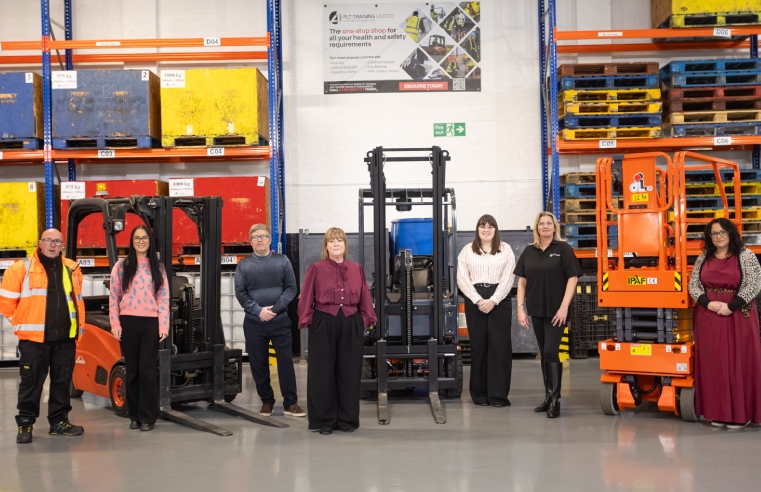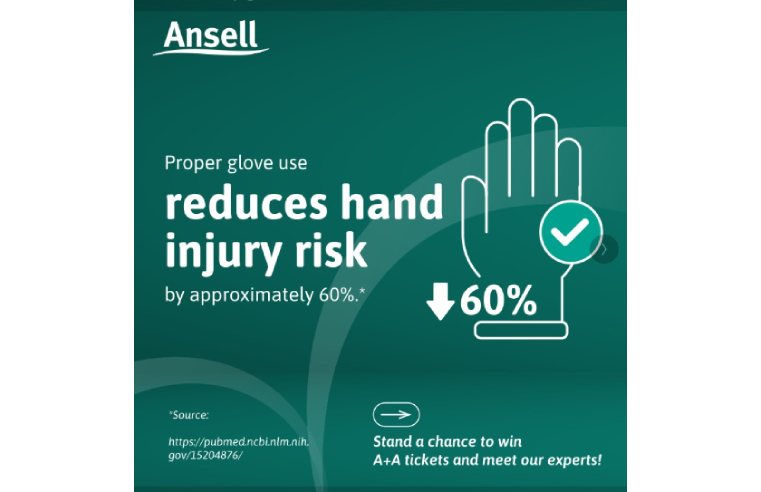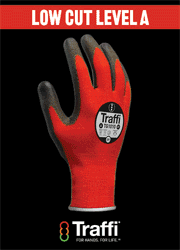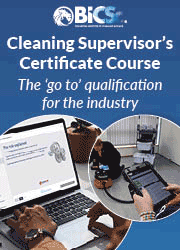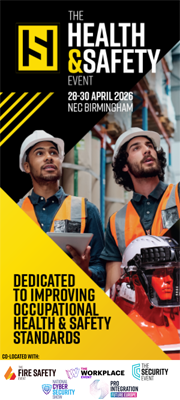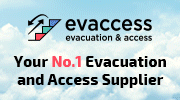Managers play a crucial role in preventing work-related accidents and ill health – but one in five companies don’t train them in health and safety, according to a new report published today.
As businesses look to manage safe returns to workplaces, the Institution of Occupational Safety and Health (IOSH) says line managers are best placed to communicate messages around worker protection while also being able to recognise and act on new hazards.
Its report, published today and called How to manage your people safely, includes the results of a YouGov survey of nearly 700 company decision-makers from a range of sectors about how health and safety is managed.
Of the respondents, 96% agreed that line managers are important in ensuring the people who report to them are safe and healthy in the workplace, with 21% saying investigations into accidents had shown a management failure was a contributing factor.
However, 19% said their organisations don’t train line managers in health and safety, a cause for concern for IOSH. Most of these organisations are small or medium sized, with 250 employees or less.
Duncan Spencer, Head of Advice and Practice at IOSH, said: “As with all risk, management are accountable for delivering a safe workforce and performance – first-line managers for ensuring controls are implemented and middle managers for providing the resources to deliver controls and the leadership for setting direction. All need different health and safety competence for their role which needs underpinning with useful training they can apply in practice.
“Our survey suggests that the vast majority of businesses recognise that this is the case but it is worrying that so many don’t train their line managers in health and safety. Without this training, how do these line managers know how to properly assess is something could cause an accident or could harm someone’s health? How can they know what they need to do if there is a health and safety risk?
“We urge organisations to ensure their line managers do access health and safety training. We know from our survey that those which have invested in such training have really benefited.
“This is particularly crucial at the current time. As businesses across sectors are reopening premises, they must manage an array of risks. They have to ensure their workplaces manage the threat of COVID-19 transmission while also continuing to provide measures to prevent all other hazards. Again, line managers are key here.”
IOSH is the global chartered body for occupational health and safety professionals. It is also a world-leading developer of health and safety training products.
Its survey also asked whether investing in externally-provided health and safety courses drove business benefits, with 82% saying it did. Of those, 39% said they had experienced a reduction in lost time because of accidents, 36% said their reputation within their supply chain had been enhanced, while 30% said they had recorded increased productivity because of fewer accidents.
Nearly half (46%) of all survey respondents who said they invest in externally-provided courses for managers said they had used IOSH’s Managing Safely, which is designed to provide all managers with the ability to apply the knowledge they gain in the workplace.








